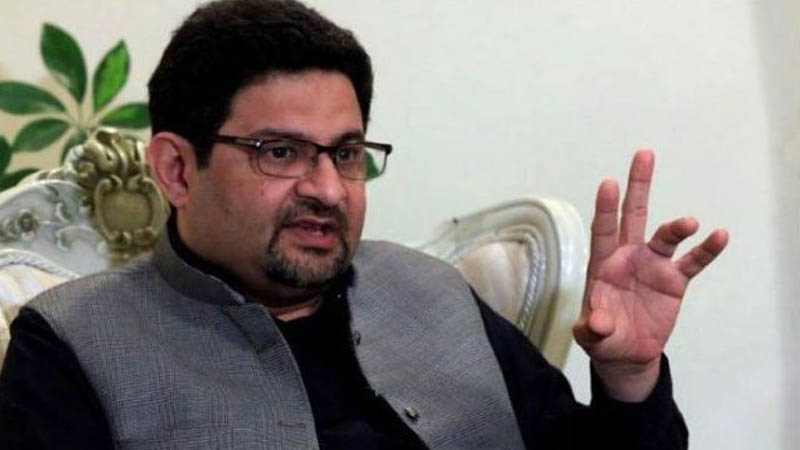Finance Minister Miftah Ismail has said that despite fast-shrinking foreign exchange reserves, Pakistan will not be in dire straits like neighbouring Sri Lanka and has a strategy to boost its reserves.
“No chance of default, none,” said Ismail in an interview withAl Jazeera. “Yes, we have a strategy to increase our reserves and you will see that they will start to increase,” he added.
The finance minister acknowledges that being heavily dependent on imports is a problem. “Pakistan has an economy that is not geared towards exports,” Ismail said. “And so, every growth cycle leads to an increase in imports but the exports don’t increase much, resulting in a forex shortage that forces a boom-bust cycle,” he added.
Ismail told a private news channel that Prime Minister Shehbaz Sharif has asked him not to burden common people. With that goal, the government will make a policy to raise fuel prices in a way that rich people with cars would not be given subsidies while motorcyclists would get fuel at cheaper rates, he said.
Foreign exchange reserves have dropped to a 28-month low in Pakistan to below $11bn, barely enough to cover imports for the next two months. The last time forex reserves were below this level was in December 2019. But economists are not too alarmed as the country has dealt with such near crises several times in the past years.
“It is not just two events, it has happened at least 13 times during the last 50 years,” said Atif Mian, economics professor at Princeton University, in a talk earlier this month on Pakistan’s economy which was broadcast online.
Pakistan has this chronic balance of payment problem because for years its imports have outstripped its exports, he said.
For instance, in the first nine months of the current financial year that started in July, Pakistan accrued a negative trade deficit in goods and services of $33.28bn, government data show. It exported goods and services worth $28.85bn and imported $62.13bn worth of goods and services. The current account deficit for the period had jumped to $13.17bn, up from $275m for the same period of last year. —TLTP










